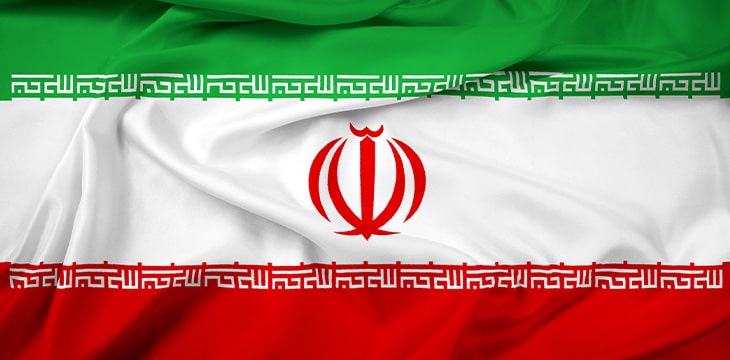
One of the world’s most sanctioned countries is turning to digital assets to pay for imports. Iran revealed that it had paid for imports worth $10 million in digital assets and they’re only just getting started.
Deputy Minister of Industry, Mine and Trade Alireza Peyman-Pak took to Twitter to announce the transaction, with the local news agency Tasnim confirming the news. The country had imported goods worth $10 million and made the payment in digital currencies—the first instance of its kind, according to Peyman-Pak.
این هفته، اولین ثبت سفارش رسمی واردات با #رمز_ارز به ارزشی معادل ۱۰ میلیون دلار با موفقیت صورت پذیرفت. تا پایان شهریور ماه، استفاده از رمز ارزها و قراردادهای هوشمند به صورت گسترده در تجارت خارجی با کشورهای هدف عمومیت خواهد یافت. #فصل_جدید_تجارت_خارجی
— علیرضا پیمان پاک🇮🇷 (@peymanpak_ir) August 9, 2022
The official, who is also the President of the Iran Trade Promotion Organization, said this is just the beginning: “By the end of September, the use of cryptocurrencies and smart contracts will be widespread in foreign trade with target countries.”
It’s not yet clear which goods the country imported or which country it’s doing business with. According to the World Bank, Iran imports most of its goods from China which has a 25% share of the imports. The country’s other major trading partners are the United Arab Emirates, India, Turkey, and Germany. Non-electrical machinery, iron and steel, and chemicals are the biggest imports.
The $10 million transaction is quite significant. For the longest time, countries like Iran, Venezuela, and Russia have been reported to be exploring digital assets for international trading as the weight of global sanctions weighs heavily on them. Venezuela made the most significant strides with its Petro digital currency, but even this has failed miserably.
Iran has been one of the most sanctioned countries in the past few decades. In fact, until Russia invaded Ukraine and took the top spot, Iran was the most sanctioned nation in the world. These sanctions have rendered it almost impossible for the country to sell its oil to other countries, cutting off its main income. The sanctions have been geared toward destabilizing its nuclear programs, and with the European Union and the United States holding talks recently with the Middle Eastern country on these programs, it’s believed the sanctions will be reduced.
And while many have looked at digital assets as a way to escape sanctions, recent events have continued to prove that Dr. Craig Wright has been right all along in saying that Bitcoin is not a criminals’ haven. With blockchain forensic tools improving, law enforcement can now easily and quickly track criminals who rely on the pseudonymity of digital assets to mask their activities.
Watch: The BSV Global Blockchain Convention panel, Law & Order: Regulatory Compliance for Blockchain & Digital Assets
https://www.youtube.com/watch?v=R58jiNcC5mA

 09-24-2024
09-24-2024


